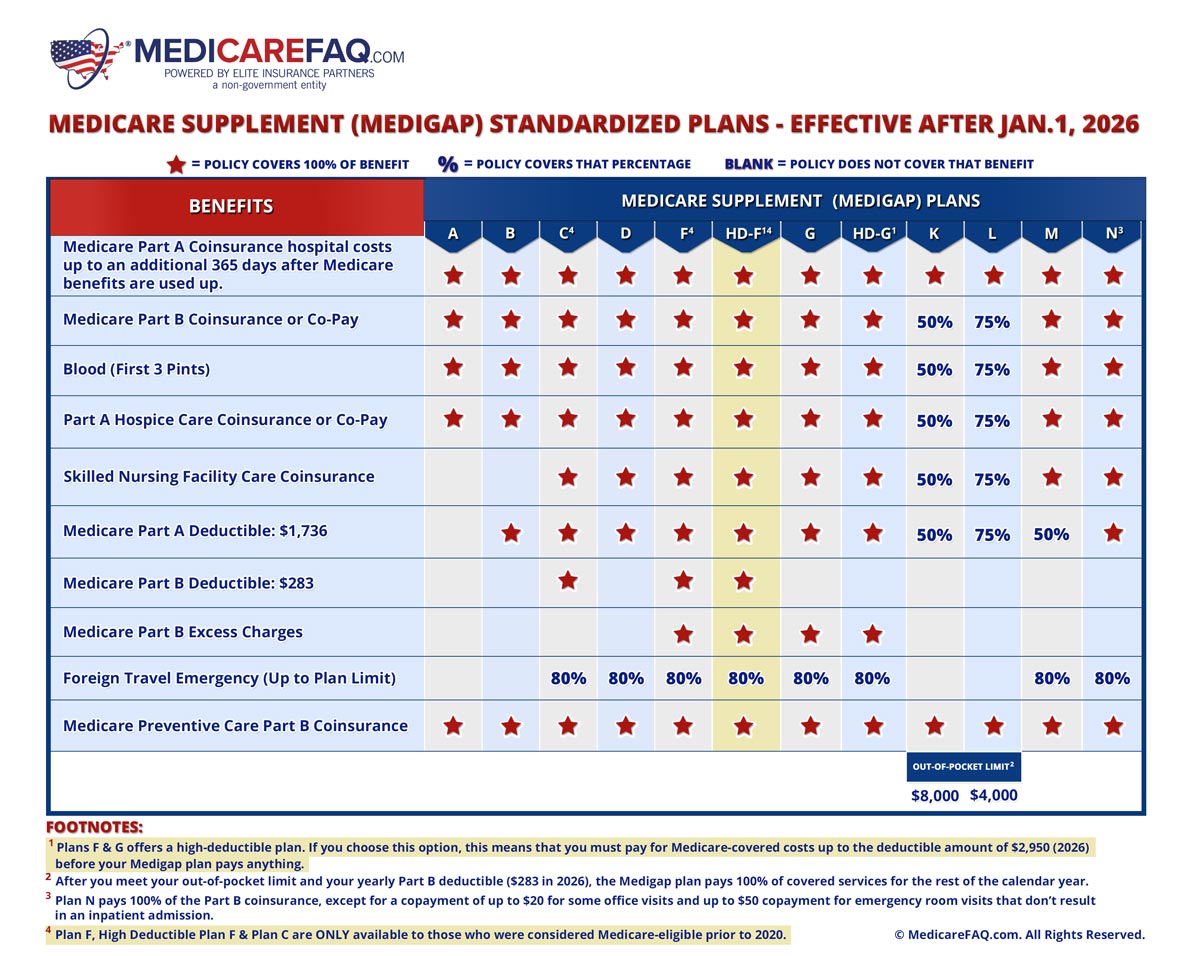Unlocking Medicare's Mysteries: Navigating BCBS Plan F
Are you on the cusp of Medicare enrollment and feeling a little lost in the alphabet soup of plans? You're not alone. Navigating the world of Medicare can feel like trekking through an unfamiliar landscape, especially when trying to decipher the nuances of plans like BCBS Plan F.
For those seeking comprehensive coverage, BCBS Plan F has historically been a popular choice. But understanding the eligibility criteria is key to unlocking its potential benefits. This journey involves understanding not just the basics of Medicare eligibility but also the specific requirements of Plan F, which can vary depending on your individual circumstances. Think of it as curating your own personalized healthcare experience, selecting the coverage that truly aligns with your needs and lifestyle.
Before embarking on this exploration, it's crucial to understand the fundamental landscape of Medicare. Original Medicare, comprised of Part A (hospital insurance) and Part B (medical insurance), forms the foundation. Medicare Supplement plans, like Plan F, are designed to supplement Original Medicare, helping to cover some of the out-of-pocket costs that can arise. Visualize it as layering extra protection onto your existing foundation, creating a more robust shield against unexpected healthcare expenses.
BCBS Plan F, prior to January 1, 2020, offered what some consider the most comprehensive coverage among Medicare Supplement plans. It covered Medicare Part A and Part B coinsurance, copayments, and deductibles, providing a significant safety net. However, for individuals newly eligible for Medicare after this date, Plan F is no longer available due to changes in Medicare law. Existing enrollees can generally maintain their coverage, but understanding these changes is vital for informed decision-making.
This shift in the Medicare landscape underscores the importance of thoroughly researching your options. If you're newly eligible for Medicare, exploring alternatives like Plan G or Plan N, which offer similar coverage with slightly different cost-sharing structures, can be a valuable exercise. Consider it akin to tailoring a bespoke suit – you want the fit to be just right, ensuring your healthcare coverage aligns perfectly with your individual needs and budget.
BCBS Plan F Medicare eligibility requires individuals to be enrolled in both Medicare Part A and Part B. The timing of enrollment is also crucial. You typically qualify for a Medigap policy during your Medigap Open Enrollment Period, which starts the month you turn 65 and are enrolled in Medicare Part B. Navigating these enrollment periods requires careful planning and attention to detail.
One of the benefits of BCBS Plan F (for those eligible) is the predictability it offers. By covering most out-of-pocket expenses, it allows for better budgeting and minimizes the risk of unexpected medical bills. This can provide peace of mind and financial stability, particularly during retirement.
If you're eligible for and enrolled in BCBS Plan F, understanding your plan's details is crucial. Familiarize yourself with covered services, exclusions, and any cost-sharing requirements. This knowledge empowers you to make informed decisions about your healthcare and maximize the benefits of your coverage.
Advantages and Disadvantages of BCBS Plan F
| Advantages | Disadvantages |
|---|---|
| Comprehensive Coverage | Higher Premiums |
| Predictable Costs | Not Available for New Medicare Beneficiaries |
Frequently Asked Questions:
1. What is BCBS Plan F? A: BCBS Plan F is a Medicare Supplement Insurance plan.
2. Who is eligible for BCBS Plan F? A: Generally, those enrolled in Medicare before 2020.
3. What does BCBS Plan F cover? A: It covers many out-of-pocket costs associated with Original Medicare.
4. How much does BCBS Plan F cost? A: Premiums vary based on location and other factors.
5. How do I enroll in BCBS Plan F? A: Contact a BCBS representative or visit their website.
6. Is BCBS Plan F still available? A: Not for those newly eligible for Medicare.
7. What are the alternatives to Plan F? A: Plans G and N are common alternatives.
8. What is the Medigap Open Enrollment Period? A: A time when you can enroll in a Medigap policy without medical underwriting.
Navigating the complexities of Medicare and supplemental insurance can feel daunting, but taking the time to understand your options, particularly concerning BCBS Plan F Medicare eligibility, can empower you to make informed decisions about your healthcare future. Remember, knowledge is power, especially when it comes to your well-being. Seek guidance from reputable sources, compare plans, and choose the coverage that best aligns with your individual needs and circumstances. Investing in your health is an investment in your future, ensuring you can enjoy life to the fullest with the peace of mind that comes with comprehensive healthcare coverage.
Ada wong resident evil 4 remake cosplay a deep dive
Maximize your autumn the ultimate guide to wisconsin fall festivals
Embrace the cozy your guide to the perfect fall iphone wallpaper








